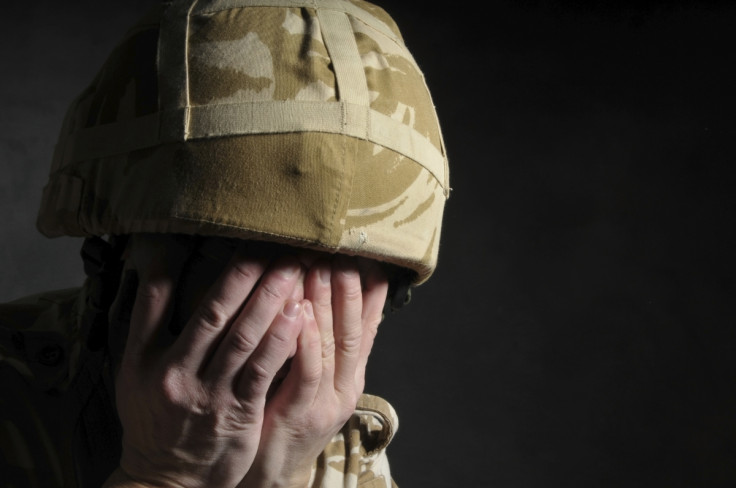What is individual cognitive processing therapy, used to treat PTSD patients?
Individual sessions of cognitive processing therapy appeared more beneficial than collective ones.

Active-duty soldiers suffering from post-traumatic stress disorder (PTSD) may benefit from individual sessions of cognitive processing therapy, a study has shown. This evidenced-based treatment protocol might work better than providing them with collective sessions.
Cognitive processing therapy (CPT) has been found on many occasions to be effective for the treatment of PTSD in war veterans or victims of sex crimes. It is also thought to help military members who plan to re-enter combat zones in the future. However, there is not enough data regarding the efficacy of individual and group therapy treatment for active-duty personnel.
The research published in JAMA Psychiatry investigates this issue further, comparing the benefits of individual vs. collective sessions. In the study, 133 participants were assigned to CPT in 90-minute group sessions and 135 received 60-minute individual sessions twice weekly for six weeks. The scientists measured PTSD, depression and suicidal thoughts before and after the sessions.
Despite encouraging progress in both groups, not all the symptoms disappeared. There was a greater improvement in PTSD severity when participants received CPT in individual compared to group sessions − about twice as much. But improvements in both groups were maintained for the follow-up after six months.
What exactly does CPT involve?
CPT is believed to be effective for the treatment of PTSD and other related disorders following a traumatic event, although more research is being done to precisely understand its effects on patients. It is one specific type of cognitive behavioural therapy (CBT) that is conducted over 12 sessions. Each session lasts between 60 to 90 minutes and it is thought benefits can last long after the final session − even if not all the symptoms of PTSD may be cured.
The basic idea between CPT is that patients should evaluate and change their thoughts about the trauma, because adapted thought can alter how they feel. The work done by the psychotherapist with the patient focuses on identifying how the traumatic event is interpreted and coped with by a person as they try to regain control over his or her life.
Over the sessions, patients are invited to write about their trauma and talk about any negative or unhelpful thoughts they might be having in relation to it. Progressively, they are taught to consider new ways of thinking about the situation and to stop blaming themselves.
Working to modify ideas of self-blame and inaccurate self-statements is crucial. In this way patients learn slowly to recognise that the traumatic event is not their fault.
CPT can be done individually or in a group, or in a combination of both but it has not been clear what is more efficient, so this is why the findings of the new study are so important.
© Copyright IBTimes 2025. All rights reserved.























